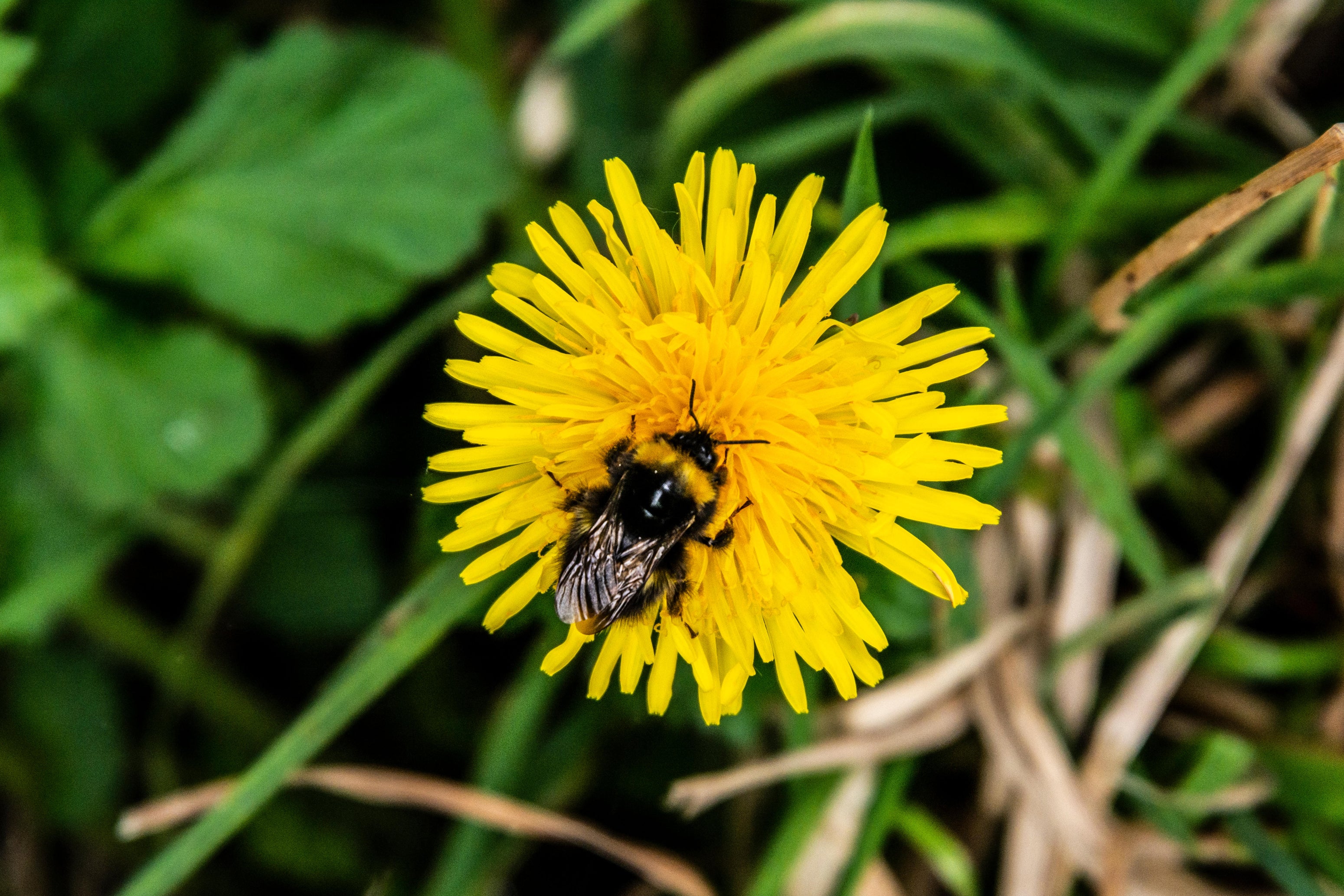What is No Mow May?
Plantlife campaign asks gardeners to leave lawns untouched in crucial month for the natural world

Gardeners and green space managers are being urged not to mow their lawns this month as part of a national campaign to allow grass and wildflowers to grow out and provide a boost to the natural world.
The conservation charity Plantlife’s annual “No Mow May” campaign, which was first launched in 2019, encourages households to leave the mower in the shed and forego the customary neatness for one more month in order to allow spring plants more time to set their first seeds before the first cutting of the year.
This allows wild plants to take root while the soil is warm, encourages birds and pollinating insects such as bees, butterflies and moths to visit, has a positive impact on air pollution and can even boost carbon capture below ground, the charity says, pointing out that Britain has lost 97 per cent of its flower meadows since the 1970s, which means pollinators have been deprived of much-needed habitats and food supplies.
“With over 20 million gardens in the UK, even the smallest grassy patches add up to a significant proportion of our land which, if managed properly, can deliver enormous gains for nature, communities and the climate,” Plantlife argues.
Speaking to Countryfile Magazine, the charity’s senior ecological advisor Sarah Shuttleworth said: “Swerving mowing in May doesn’t only boost spring wildflowers, it also allows people a little extra time to enjoy our glorious green spaces and connect with nature.
“This reclaimed time can be used to enjoy and explore wildlife-friendly activities – like building a bug hotel, installing a wildlife pond or simply admiring the beauty of garden wildlife. From finches feeding on dandelion clocks to slow worms slithering in the sun there’s so much to marvel at in wilder gardens.”
Countryfile argues that increasing awareness of climate change, brought into sharp focus in the UK by last summer’s heatwave and ensuing drought, when lawns, parks and verges were left looking parched and sorry for themselves, has created a shift in attitudes. This has placed new emphasis on leaving nature untamed, also reflected in the popularity of the BBC’s recent documentary series Wild Isles.
One-third of the gardens featured at this year’s Chelsea Flower Show, for instance, will be devoted to plants often dismissed as “weeds”, such as bramble, thistle and knapweed.
In addition to “No Mow May, the Wildlife Trusts and Royal Horticultural Society have likewise launched a campaign of their own called “Wild About Lawns” to encourage gardeners to leave common plants like dandelions, daisies, buttercups, yellow rattle, common bird’s foot trefoil and forget-me-nots where they are.
Ian Dunn, Plantlife’s chief executive, agrees that a change of approach is in the air: “The immaculate bright green bowling green lawn with its neat stripes may have historically been the desired garden aesthetic, but increasingly we’re seeing a cultural shift which sees wilder lawns buzzing with bees and butterflies becoming highly valued.
“A radical shift in attitudes towards lawn management is under way and it is to the benefit of plants, pollinators, people and planet.”
Join our commenting forum
Join thought-provoking conversations, follow other Independent readers and see their replies
Comments


Bookmark popover
Removed from bookmarks